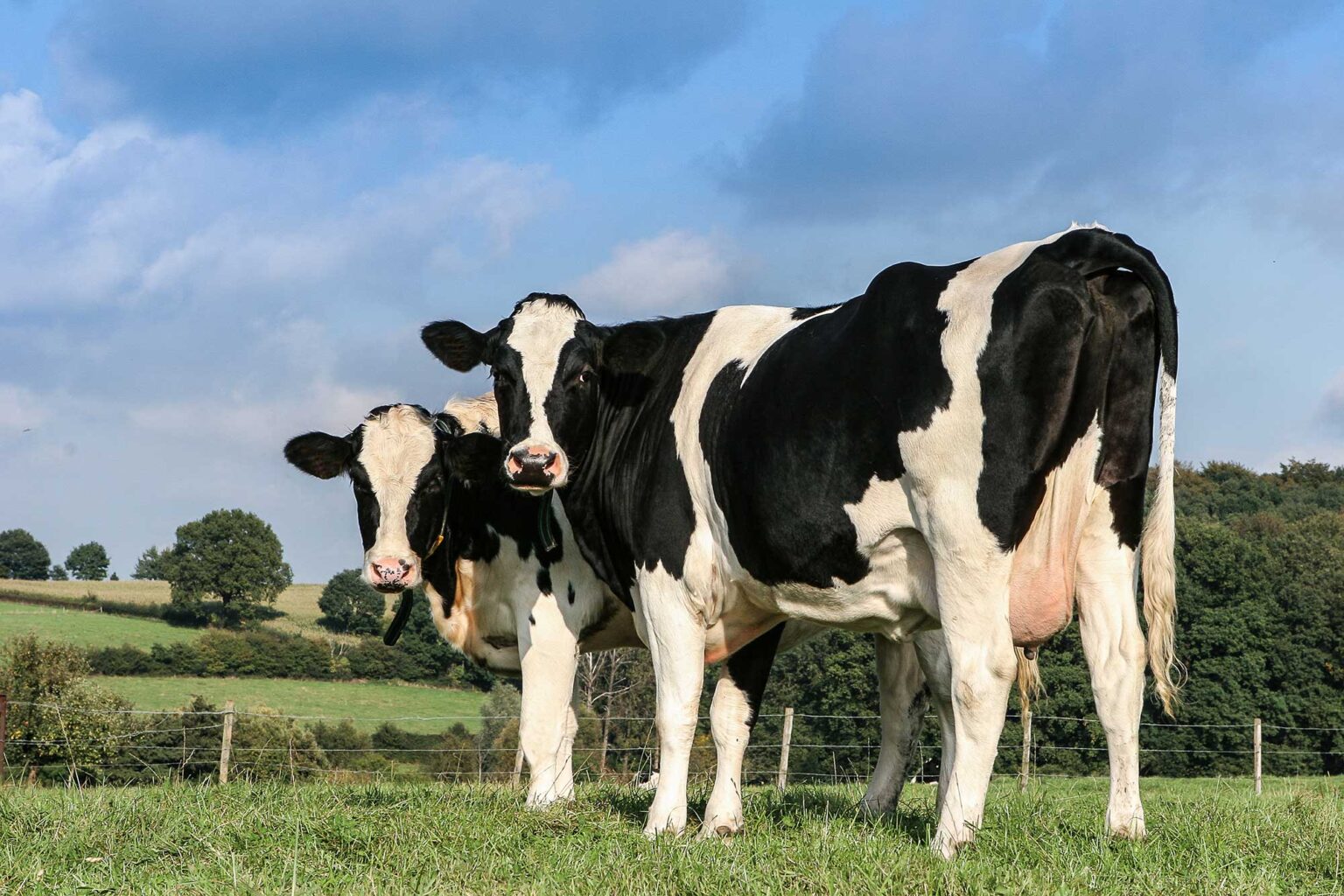Image by HannieVerhoeven, Shutterstock
Holstein Association USA has recently updated Official Holstein Pedigrees to include designation for animals carrying the Slick gene, when genetic test results are on file in the Holstein herdbook database. On a pedigree, it will be displayed in the row above an animal’s name.
“We are excited to make this enhancement to our Official Holstein Pedigrees,” said Lindsey Worden, Chief Operating Officer. “Breeders interested in these genetics have been asking for this for some time now.”
Slick cattle have a natural genetic mutation of the prolactin receptor gene which results in a shorter hair coat. The mutation is dominant so an animal with one copy of the gene will have improved ability to regulate body temperature during periods of heat stress when compared to non-Slick cattle. This is a natural mutation originating in the Senepol, Carora, and Criollo cattle breeds from the Caribbean.
»Related: Dairy cattle geneticist finds mutant gene threatening calves

The Slick mutation was introduced to the Holstein breed in the 1980s. Research from Florida and Puerto Rico has demonstrated that cows carrying the Slick gene may produce more milk and conceive sooner during heat stress periods than non-Slick cattle of similar genetic merit. The degree of potential benefits will vary depending on the length and magnitude of heat stress periods in an area. The impact of the Slick gene on cold stress has not been quantified.
The following codes will be used to designate animals with official gene test results on file:
- SLH= Homozygous for Slick
- SLC= Heterozygous for Slick
Breeders who have previously tested animals and would like to have results added to pedigrees can forward lab reports to labresults@holstein.com.
»Related: Gene-edited ‘slick’ coat cattle get green light from FDA


